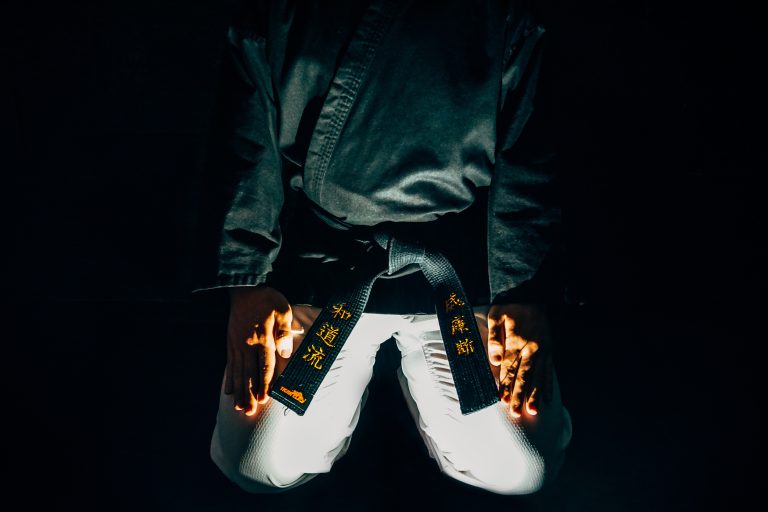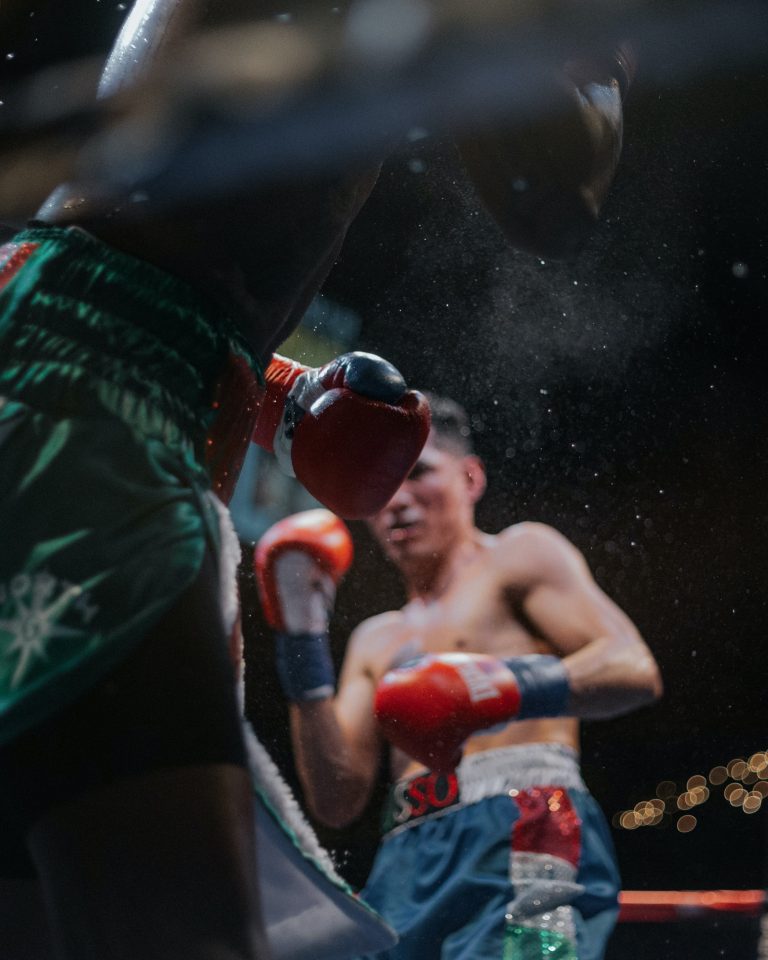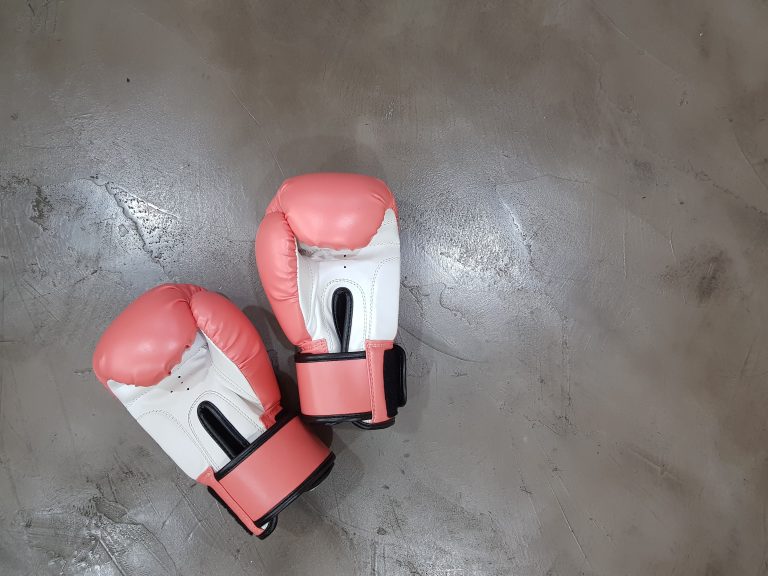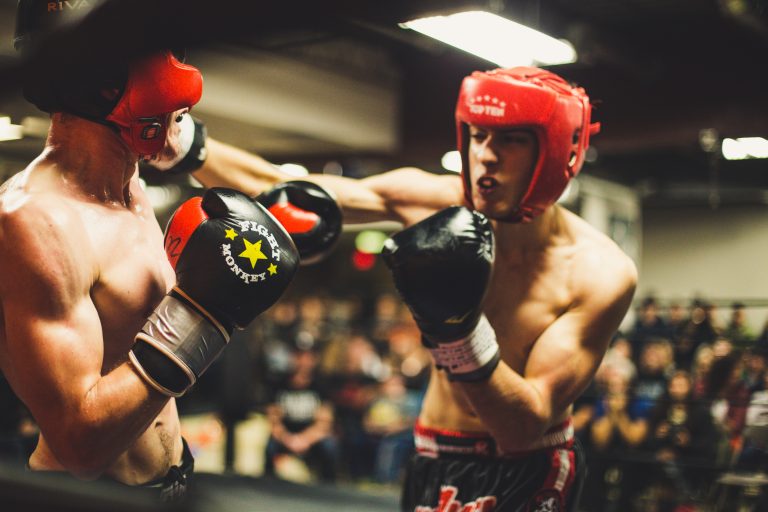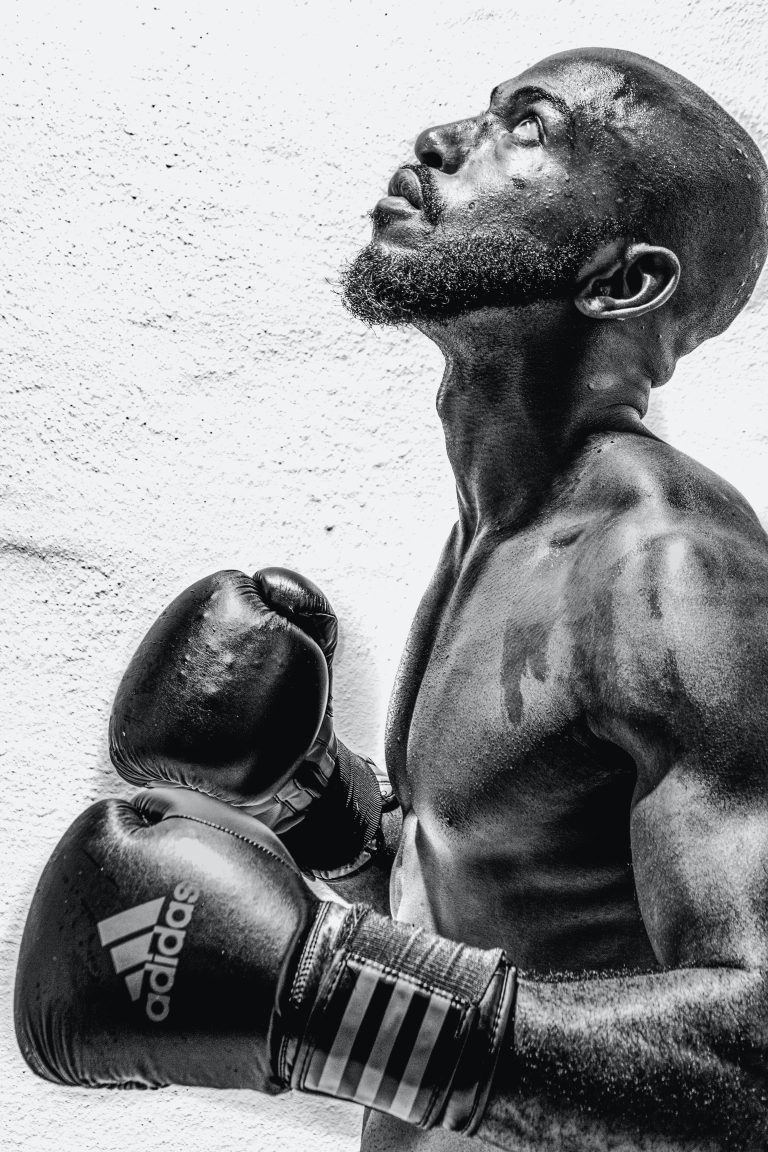Karate: What Are the Benefits of Practicing this Martial Art?
Practicing martial arts comes with many benefits, but karate is perhaps one of the most popular both for adults and children. For many, karate is about more than just physical fitness: it offers much more for the practitioner, including mental and emotional benefits. In this blog post, we’ll explore the benefits of practicing karate and the importance of finding a qualified instructor in your area.
What Is Karate?
Karate is a martial art that originated in Okinawa, Japan around 1000 years ago and has since grown into a global practice. Karate-do (the “Way of Karate”) is a physical and mental discipline that calls upon the practitioner to take their studies seriously and strive for harmony between body and mind. Practitioners are called “karateka”, meaning they are an adherent to the teachings of karate. Karate incorporates elements of attaining physical fitness and self-defense techniques, but it’s often overlooked as a legitimate practice in some circles.
Practitioners are divided into four distinct categories: “Goju” (hard/soft), “Shishin” (four pillars), “Shorin” (small forest) and “Uechi” (immovable fist). Each student is taught individually and progress is judged based on the principles of self-discipline and respect: honest effort and dedication lead to improvement and eventually mastery. A qualified instructor should be able to identify each student’s ability level and challenge them accordingly. That being said, anyone can learn karate, regardless of age or physical condition.
Benefits of Practicing Karate
While karate is most often used for self-defense, there are many other benefits associated with practices of this art. Here are five of the major benefits that can come from karate :
1. Improved Physical Health
Karate is a full-body workout that helps to build strength, improve cardiovascular endurance, and increase flexibility. To become proficient in karate requires dedication to a rigorous training regimen that incorporates both offensive and defensive techniques through partner drills and solo exercises. As karate-ka progress in their studies they learn to use their strong punches and kicks to generate powerful techniques while also developing speed and agility. All this motion helps to burn calories and reduce body fat while toning muscles, making it a great way to get shape.
2. Greater Self-Confidence
As karate-ka progress they become more confident in their abilities, both physically and mentally. As they gain familiarity with techniques such as blocks, strikes, sweeps, throws and joint locks, they become comfortable performing them with speed and precision. Furthermore, because of its wide acceptance as a legitimate martial art and sport, karate can foster an atmosphere of respect among all practitioners, increasing self-esteem through achievement and recognition from instructors and peers.
3. Increased Stress Relief
The fast-paced drills and exercises of karate are a great way to relieve stress from the everyday grind of life. Taking part in physical activity can cause a release of endorphins, dopamine and serotonin – hormones that boost energy levels and mood — making karate-ka feel better overall. Furthermore, because karate requires intense concentration on performing effective techniques, students must leave all other worries behind while training. This can give practitioners a complete respite from the mental stress of day-to-day life and allow them to focus on achieving their goals in the dojo.
4. Improved Mental Acuity
§§ COMKarate requires fluidity of movement and association of multiple concepts including physical timing, positioning and aspects of strategy. While physicality is key to mastering the art, honing mental acuity is just as important for learning powerful strikes and blocks. This means that in karate, developing discipline and cultivating technique is just as important (if not more so) than developing one’s strength or size. Practitioners must use analytical skills to determine their opponent’s strengths and weaknesses and decide how best to attack or defend against them in any situation – making it an excellent form of mental exercise.
5. Important Life Lessons
Karate also offers important life lessons that can help practitioners outside the dojo in disciplines such as work, family life and other relationships. Through developing focus and control over healthy impulses, students can learn critical lessons on how to react appropriately in tense situations—an invaluable trait for any individual regardless of profession or lifestyle. To become proficient in karate requires initiative; practitioners must understand their own motivations for improvement in order to achieve their individual goals. Such self-awareness can be immensely helpful in identifying one’s limitations and strengths in order to overcome weaknesses.
Finding a Qualified Karate Instructor
When looking for a qualified instructor, it’s important to remember that not all karate schools are created equal—some may have better facilities or more experienced instructors than others. Check with various dojos in your area to gauge the quality of their instruction by talking with the instructors or other students at the facility—or even by attending a few classes or sessions—to get an idea of how they teach. It’s also worthwhile checking out online reviews to see what others are saying about particular instructors or dojos; reading customer feedback can provide good insight on which schools may provide higher quality instruction and better atmosphere for learning.
Selecting the right instructor is so important when learning karate; having a qualified mentor can help guide you on your journey towards mastering this martial art. It pays to do your due diligence when looking for an instructor – remember: not all schools are created equal! With this in mind, consider these tips when looking for your ideal karate instructor:
- Find someone who has expertise beyond their blackbelt rank.
- Choose a mentor who will be available to teach you personally rather than just overseeing your training.
- Look for an instructor who has multiple levels of teaching available for different skill levels.
- Ensure you have access to some free lessons so that you’re able to get a feel for their style before committing.
- Look for an instructor who will encourage you to be active in your own learning by providing creative solutions rather than just following orders.
Once you’ve found a qualified instruction who aligns with your goals and ideals, don’t be afraid to commit; as long as you progress steadily and make sure you attend classes regularly, there is no limit to what can be achieved in karate-do!
Conclusion
In conclusion, there are numerous benefits associated with practicing karate – from improved physical health to increased stress relief – but only when undertaken with the guidance of a qualified instructor. Whether you are looking for effective self-defense moves or simply want the health benefits associated with physical exercise, karate may be something for you consider taking up. With dedication and hard work, anyone can experience the many benefits associated with practicing karate!
Inhaltsverzeichnis

